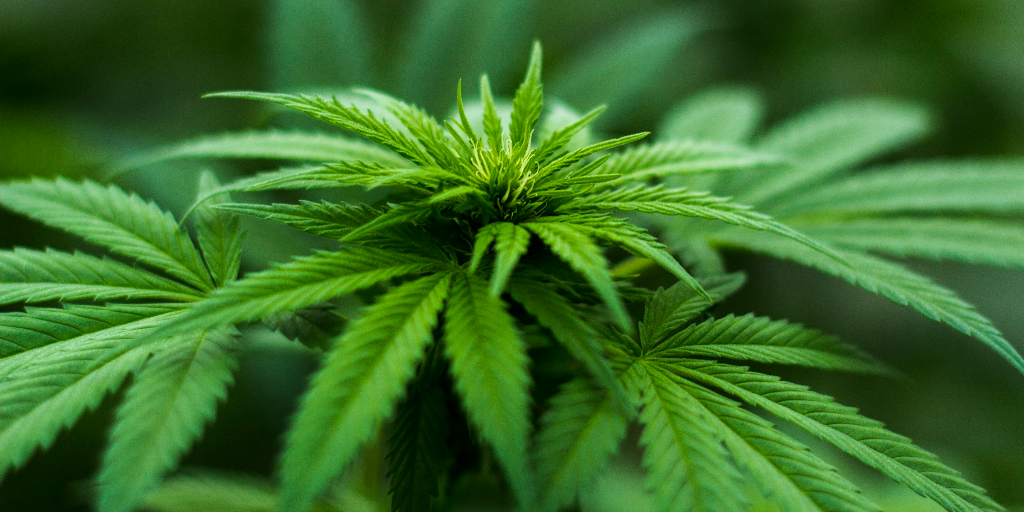A top Mexican official suggested legalizing marijuana in resort areas. Could Mexico follow Canada’s lead one day soon?
Welcome to Plain English, the podcast that goes at just the right speed for English learners. I’m Jeff and on today’s episode, we’ll talk about the changing politics of marijuana in Mexico, Canada and the United States. At the end of the episode, I’ll tell you what it means to get your fix of something.
A full transcript of today’s episode can be found online, for free, at PlainEnglish.com/18. If you speak Spanish, Portuguese, Chinese, or French, you can take advantage of the instant translations from English to your native language, so you never have to get confused about the definition of a word. If you’re still learning English, I think reading the transcript as you listen is a great way to associate the sounds of words being spoken with the way the words look in writing.
Ready to go? Let’s dive in.
Would Mexico legalize marijuana?
For a long time, the story of marijuana between the United States and Mexico was a pretty simple one: it was grown in Mexico and smuggled into the United States.
But now that is starting to change. Several American states have legalized recreational use of marijuana, meaning that residents of nine US states, including now California, have a safe and legal source right near their own homes. And for that reason, they don’t need to go through illegal channels to get their fix. The locally-grown, legal product is also higher quality and more consistent, even if it is sometimes more expensive. In fact, higher quality marijuana is now being grown legally in the United States, and smuggled into Mexico.
The new relaxed laws in some US states have also gotten some people thinking that maybe Mexico should follow suit. Supporters of the idea say that legalizing the drug would take a huge local market away from the cartels and reduce violence. In fact, the Mexican tourism secretary said that tourist states of Baja California and Quintana Roo, which are home to Los Cabos and Cancun respectively, should legalize marijuana first, to reduce violence in areas popular with visitors. Both tourist areas have seen an increase in drug-related violence in recent years. Advocates also say that legalization would let the police spend their time and energy on more important things.
The Mexican president proposed a law in 2016 that would have permitted individuals to carry small amounts of the drug, but the law didn’t pass. The Mexican Congress did recently pass a law allowing limited use of marijuana for medical purposes, something that is very common in the United States. And although Enrique de la Madrid, the tourism secretary, had to walk back his comments on legalizing marijuana, it is interesting that someone in such a high position in government would make the suggestion.
Of course not everyone agrees that legalizing marijuana is the answer to reducing violence. A majority of voters and the Catholic Church are not in favor of legalization. A recent poll showed about two-thirds of Mexicans are against the idea.
Some say that the marijuana business is actually shrinking and is not the primary reason for much of the violence. Those who once grew cannabis are now growing other crops or producing synthetic drugs, both of which are more popular in the United States.
Drug laws across the US and Canada have been changing rapidly, and not always coherently. I mentioned earlier that nine US states now allow recreational marijuana use. The trouble in America is that, whatever the states may say, the national government still considers marijuana to be illegal. And that puts people in the marijuana industry in a difficult position. They can sell the product in their state, and they can even grow it, but important services like banking are not available to them because of the national laws.
Up north Canada has passed a law that would allow recreational marijuana use and the law is expected to take effect this summer. But like in the United States, the national and provincial governments don’t all agree on how it should go. The provinces are the ones that have to pass laws governing the use of marijuana, and not all of them are ready for it just yet.
So will it happen in Mexico? It sounds like the country is not quite ready to pass any laws right away. But one sign of the times: a poll in Mexico said that although two-thirds of people are against the idea, about the same number of people are in favor of at least having a debate on legalization—and that was a couple of years ago.
Before we start the second part of the program, I want to ask you a quick favor. Wherever you’re listening, remember to click “subscribe” or “follow” so you don’t miss any episodes of Plain English. On Spotify, the “follow” button is right above the list of episodes. In Apple Podcasts, just click the “subscribe” button so all new episodes show up automatically.
Speaking of Apple Podcasts, I wanted to also ask you to leave a rating and a written review if Plain English is helpful to you. Leaving a review helps other users discover the program and it’s the best way you can let me know what you think. Now, I recently ran into a problem on Apple Podcasts that you may have encountered too. When you go to leave a review, it asks you for a nickname—but if you pick a name that’s already taken, it doesn’t submit your review. So, when you get to that part, make sure to use a nickname that’s not likely to be used by anyone else.
Great stories make learning English fun
